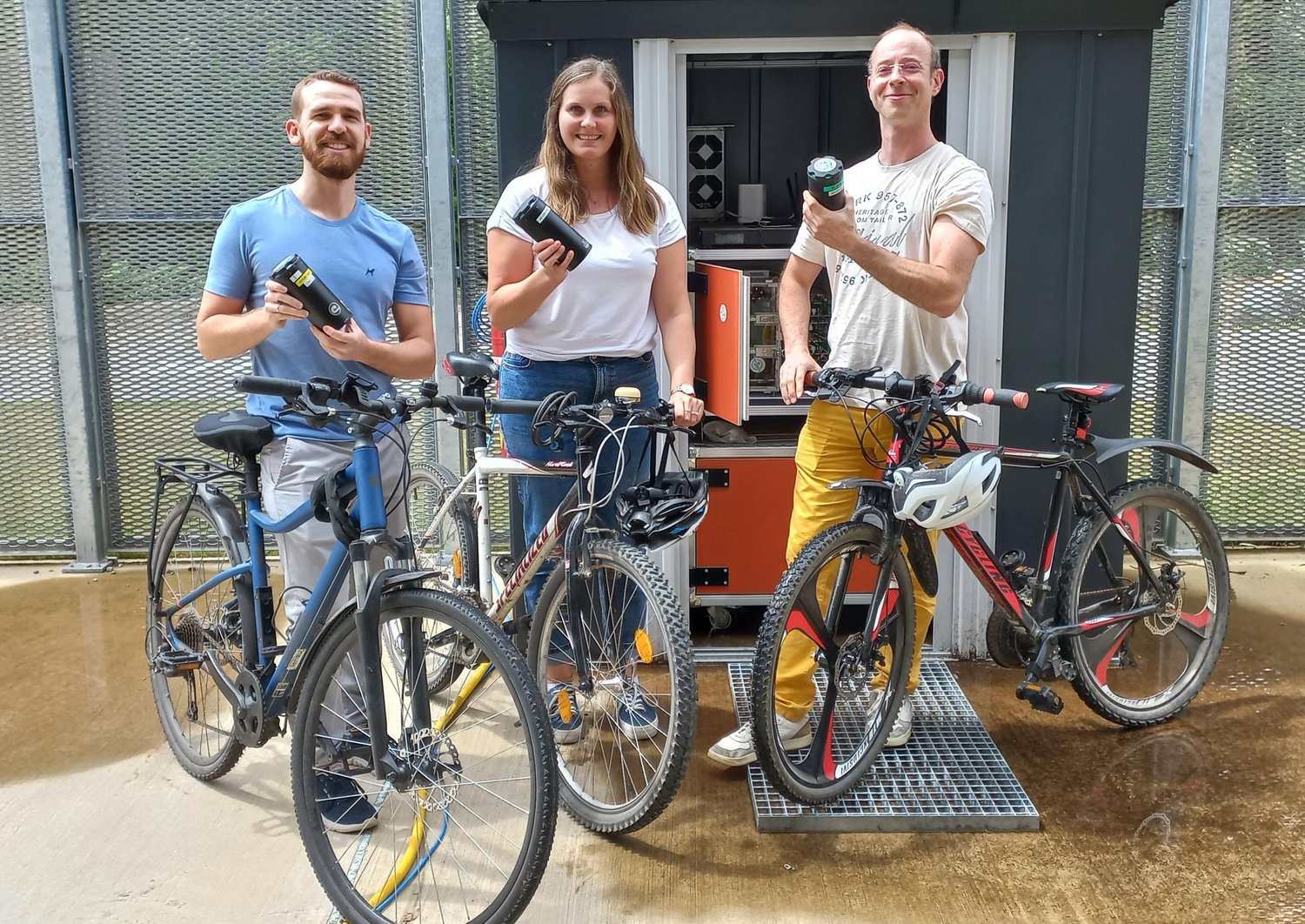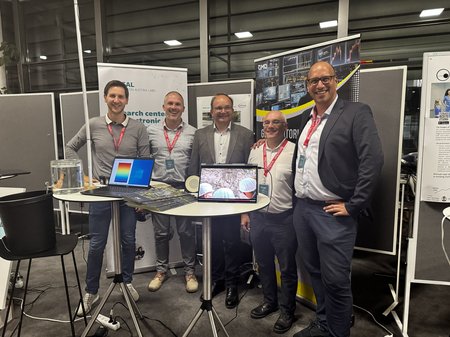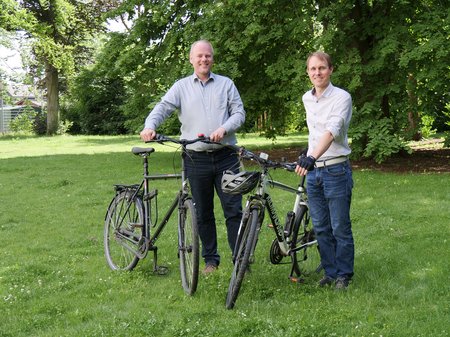A new "Battery as a Service" (BaaS) concept was developed and tested, based on the "add-e" e-bike retrofit kit from project partner GP Motion, which can be used to electrify any conventional bicycle. While the bike and drive unit are privately owned, the battery required to power the bike is only borrowed when needed, when you can't or don't want to pedal yourself. As with many other sharing applications, the rental is handled via a smartphone app and contactless data transfer. The overall aim of the project was to reduce the carbon footprint of electric bikes and offer a cost-effective alternative to buying an e-bike.
"From zero to one hundred"
The recently completed project delivered a prototype for a modular, that means freely expandable, battery charging and changing station for e-bike batteries. The power electronics required for this (system of multiple bidirectional DC/DC chargers) were designed and manufactured entirely by the Power Electronics team at SAL Villach. Some employees at the Villach site agreed to take part in the battery sharing test program for several months by coming to work on their e-bikes and charging the batteries at the Bat2share station behind the HTC2 building. The charging station itself could be operated energy self-sufficiently using photovoltaics. Used batteries from the sharing operation, which were no longer good enough to serve as a pedaling aid but still had enough charging power to store energy from renewable energy sources in combination with other old batteries, served as on-site energy storage.
Algorithms for the energy management of a battery sharing and charging station for batteries of so-called "small electric vehicles" (SEV), which also include e-bikes, were also investigated. Of particular interest was the analysis of user behavior, i.e. when which user is likely to bring/collect a battery and how much energy each user needs (= demand management).
Herbert Hackl, Senior Scientist in the Coexistence & Electromagnetic Compatibility (CEMC) Research Unit at SAL in Graz, summarizes the results as follows: "The project was particularly challenging as it required a variety of technical disciplines. These ranged from electronics development to software development and data management. Specifically, the research work in the project covered areas such as battery electronics including the mechanical housing, hardware-related control with microcontrollers, system control with a PC, connection to the internet, system monitoring and control in the cloud with a specially developed algorithm, user and data management and the development of a smartphone app for users. We started from scratch and built a completely new, cloud-based battery rental system with the associated hardware and software as well as all interfaces, not forgetting the interface between human and machine."
Findings as a starting point for further projects
During its work, the team was able to gain valuable experience in dealing with Li-ion batteries. The algorithms developed for charging and energy management are now being used in the DIVERGENT project, which is being funded through the same FFG call as Bat2share ("Zero Emission Mobility" from the Climate and Energy Fund). As part of DIVERGENT, we are researching decentralized decision-making methods and algorithms to support the intelligent, bidirectional charging process for e-cars. The expertise gained in the areas of laboratory infrastructure, battery monitoring and lifetime management is also being used in the ARCHIMEDES project, where AI approaches are being researched to better assess the condition of aircraft engine batteries.
Related links:
- Project information for DIVERGENT
- Project information for ARCHIMEDES









